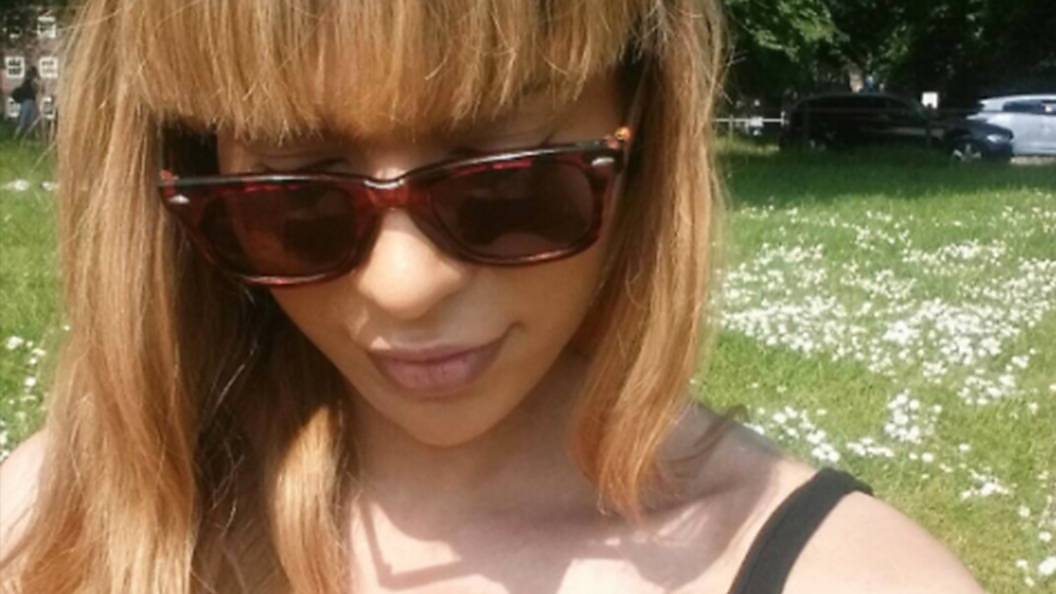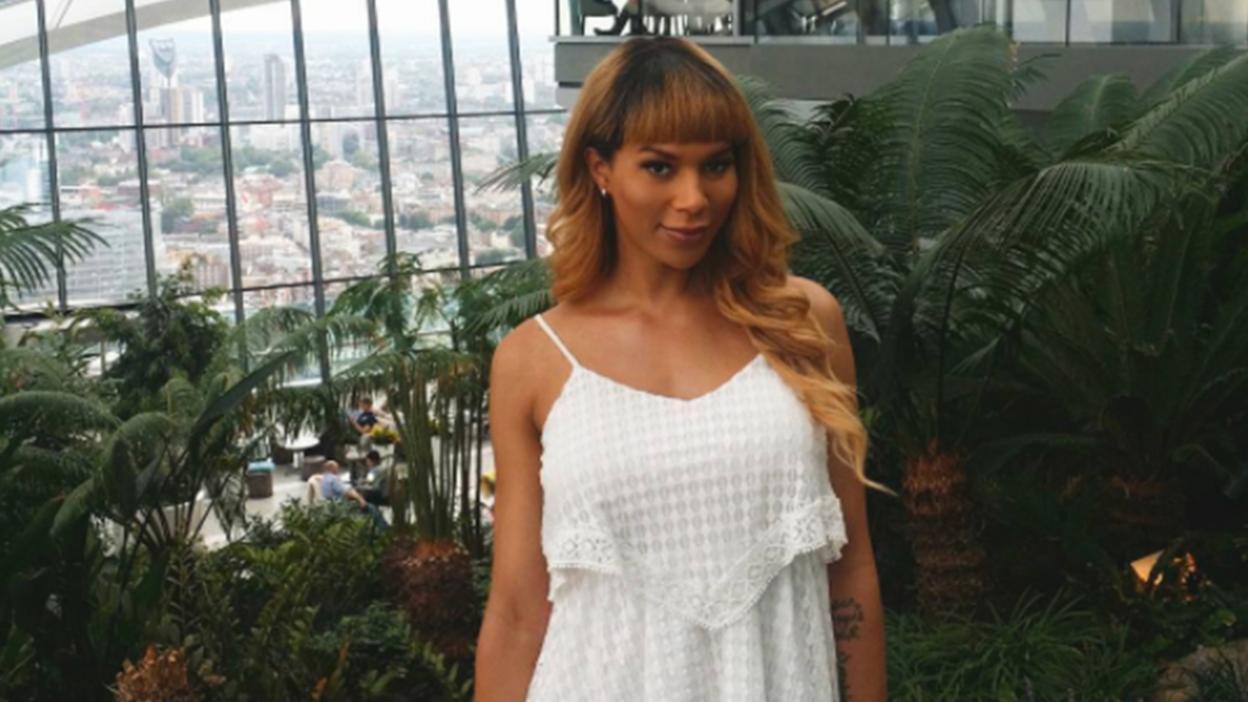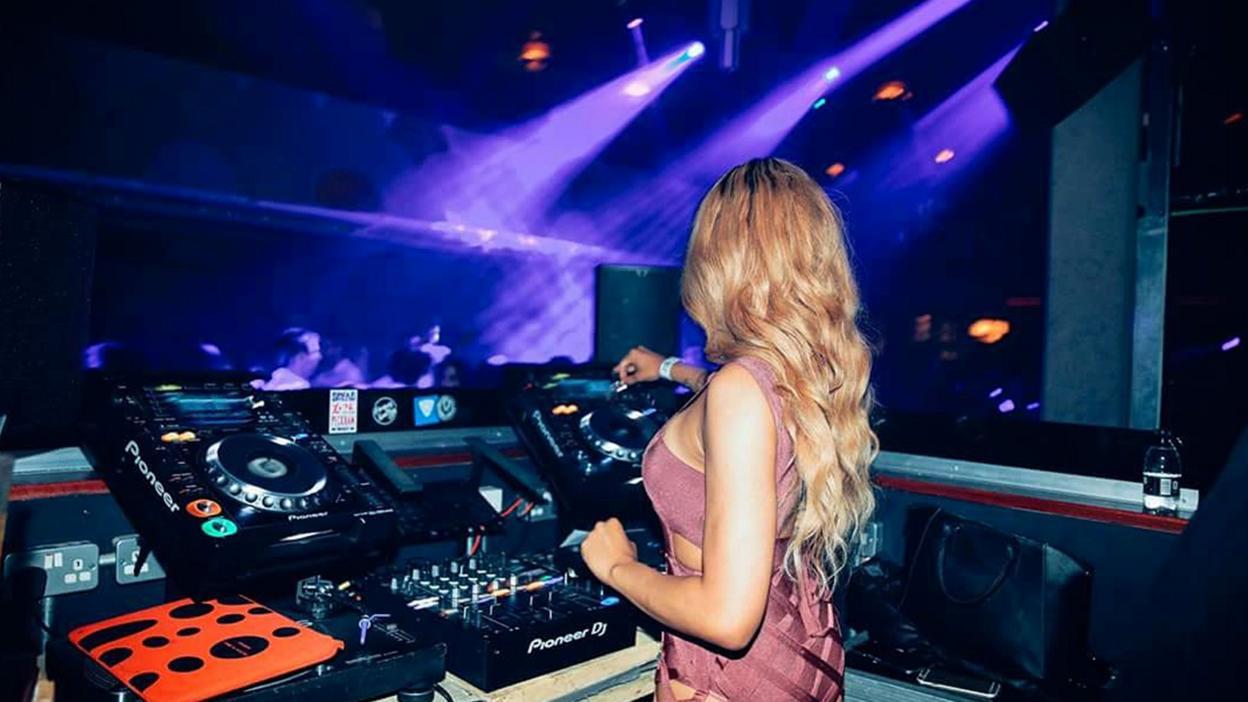Why I talk about being raped

- Published
Like many survivors of rape, my attacker was somebody I’d already been intimate with – a guy I’d met on a one-night stand.
Months later, he turned up at my house high on cocaine at 5am, knocked the door off the latch and threw me into my bedroom, saying that if I screamed (my flatmates were upstairs), he’d kill me.
Rape survivors are often asked why they didn’t retaliate, to which there are endless answers. Mine is a common one: it was just too risky. I considered hitting him over the head with my piggy bank, but he was twice my size. What if it didn’t work? Do you fight and lose and then come off worse?
I was trapped for two hours. In the end, I pretended I was into him and asked him to pick out some lingerie for me to wear. While he was distracted, I escaped. He ran away, and stole my phone so I didn't have his number.
I was reluctant to report the attack for fear of judgement, but I went ahead to protect other women from him. Unfortunately, my fears were realised – the physical examination was as traumatising as the attack.
I’m transgender and was in the early stages of transition at the time. I had very small boobs and had only just started shaving my legs, so my skin was bumpy. One examiner told me that I really ought to exfoliate.
It was early in the morning and I felt like they were making assumptions about me. I felt like I had to be really insistent about the fact that I hadn’t been out all night; that I hadn’t even left the house; that I wasn’t to blame.
By the time I was questioned, I felt so judged that I couldn’t open up fully. And I definitely didn’t want to tell them my attacker was a former one-night stand.
That was in 2010. I gave the case as much as I could but they never found him.

I didn’t tell anybody about my experience, apart from my flatmates and the friends I’d stayed with while our house was searched for DNA. I just wanted to pretend it hadn’t happened. I was young and hadn’t yet understood that being sexual doesn’t mean you’re asking for rape. I convinced myself that I had caused the situation and I carried that shame for a long time.
It messed me up. In time, I realised that my experience was affecting everything: how I saw myself, my ability to trust people, how much I could give to a partner sexually, my enjoyment of sex.В I knew I needed to start dealing with my wounds.
I started confiding in friends who I knew had been through similar experiences, and found great solace in opening up to them. We shared tools and strategies for coping.
The most useful thing though, was just the encouragement they gave me to keep talking. They told me that the more I ran away from what had happened, the more it would mess me up.
But I still worried about telling people. I didn’t want to be seen as dirty, or a victim, or reckless - even though I knew I'd been no more reckless than plenty of other people.
Recently I’ve started opening up much more about my experience.
Once I started speaking out, many friends confided that they’d experienced sexual violence too. I felt hugely concerned for them. But I was also relieved in a way, because I wasn’t alone.
It's made me realise that there’s a big problem with society’s attitude to survivors of sexual violence.
It seems we’re all so worried about social stigma that we’re staying silent and muddling through, when what we need is to open up to and support each other.

We, as a society, need to keep talking about this until everyone understands that you can be sexual and have sex with whoever you want without shame and without fear of rape; that rape isn’t sex - it’s an abuse of power; and that you never deserve to be raped, whether you’re wearing a burka, a miniskirt, a suit, or your pyjamas.
I’m still working on healing. There are still times when I feel the need to justify my actions to people, and times when I subconsciously blame myself – I’ll find myself using shaming language like 'promiscuous' to describe my actions.
But talking has made me feel so much more confident in myself, and in the fact that I wasn’t to blame.
And strangely – or perhaps not so strangely – another thing that has helped me in recent years is being sexual. The more I reclaim, embrace and explore my sexuality, the more I heal.
Instead of associating sex with rape and, therefore, with the blame I felt, I’m allowing myself to enjoy it again without worrying that I’m somehow inviting rape. Now, I’m associating sex with my liberation.
As told to Lucinda Everett
A range of organisations offer information and support on the issues raised in this article. You can find a list of them here.